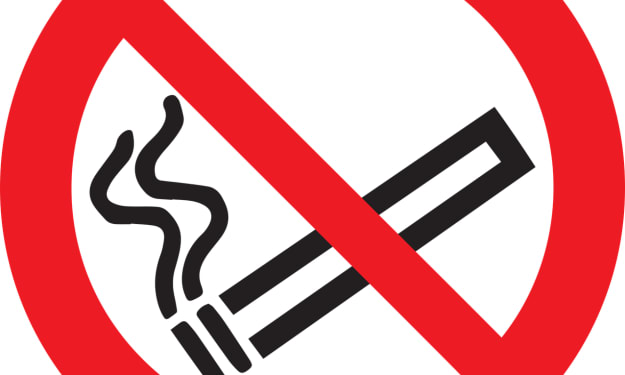I Want to Quit My Job But I Got Injured at Work
What Are My Options?

It is not always easy to remain in your current position when you suffer a workplace injury. In some cases, your new physical limitations may prevent you from ever returning, or perhaps you are concerned about retaliation when you do. Maybe you are experiencing post-traumatic stress disorder after your accident and would feel safer not putting yourself at risk of suffering that type of accident again.
Whatever the reason, many injured workers choose to quit their jobs after suffering severe work-related injuries. If you are considering quitting your job while you are applying for or currently receiving workers’ compensation benefits, you should be aware of how your resignation can affect your claim.
Issues to Consider Before You Quit Your Job
Injured workers in New York remain eligible for workers’ compensation benefits even after they quit their jobs, provided that the injury occurred while the worker was an employee, the worker properly notified the employer of the accident within 30 days of its occurrence, and the worker properly filed a workers’ compensation claim within two years of the accident.
However, quitting your job while applying for or collecting workers’ compensation benefits can have other effects on your claim and the level of benefits you receive. If you are considering quitting your job, consider the following issues:
Loss of Workplace Benefits
You may continue to receive workers’ compensation benefits after quitting, but you will not be entitled to receive any further non-workers’ compensation benefits provided by your employer. For example, many employers offer child-care and mental health services free of charge for their employees. Quitting your job will cause you to lose access to any such benefits.
Losing Out on a Resignation Deal
Many employers offer resignation packages as part of their workers’ compensation settlement negotiations. In some cases, your employer may offer you a very generous package in exchange for your resignation. However, if you resign before the settlement negotiations begin, you likely will not be offered such a deal.
The Possibility of Worsened Injuries
If you remain in your position and your injuries worsen, you may be entitled to increased benefits to cover your increased medical expenses. If you quit your job — especially if you then take another job — it may be more difficult to obtain increased benefits, as your former employer could argue that the exacerbation of your injuries was due to factors beyond their control.
Missing Work at Your New Place of Employment
When you quit your job and take another one while receiving workers’ compensation, you should ensure that you will be physically able to perform your new job duties. An easy to way to do this is to take a job that is less physically demanding than your previous job (e.g., transitioning from warehouse work to clerical work). Missing work for your new employer can not only jeopardize your new job, but could make it difficult to determine your wage compensation benefits.
Your Employer Cannot Force You to Resign for Filing a Workers’ Compensation Claim
You may still decide that leaving your current position is the best option for you despite the potential effects on your workers’ compensation claim. No matter what you decide, keep in mind that your employer cannot fire you or force you to resign merely for filing a claim. This is considered an illegal form of discrimination under New York law.
However, your employer is not required to hold your job open for you if you are not able to work, and may legally fill your position if needed. This could occur, for example, where your employer lacks sufficient employees to cover your job duties while you are out.
About the Creator
Myra Thomas
Myra Thomas is a freelance content writer. She is versed in a variety of topics, but specializes in sharing legal news and helpful how-to guides. Her focus is on creating easily accessible content which contains practical advice.






Comments
There are no comments for this story
Be the first to respond and start the conversation.